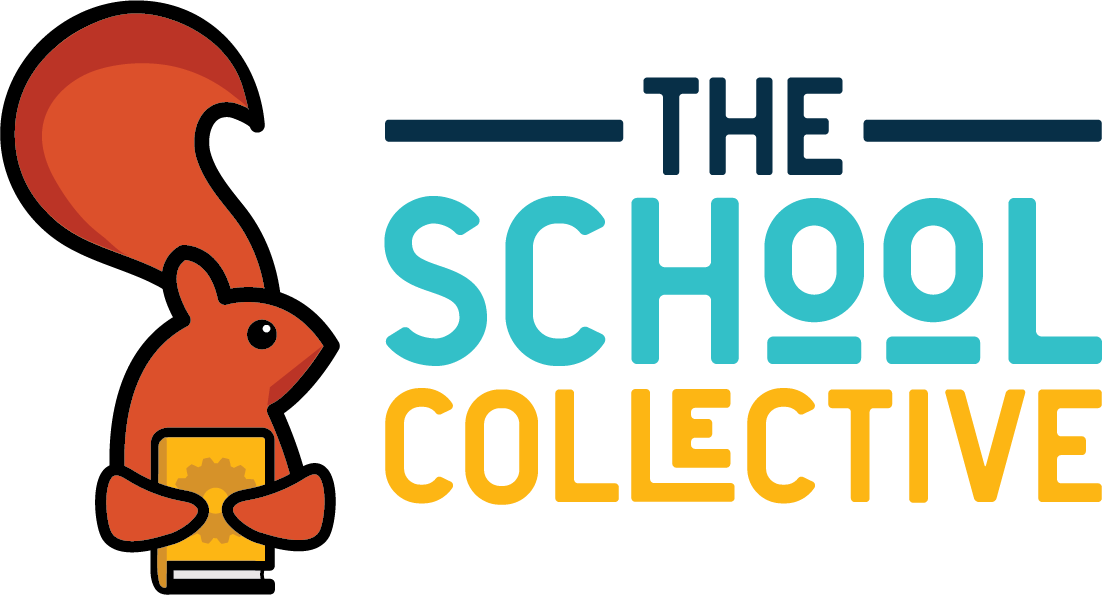When you generally think of an entitled individual, what comes to mind? Someone who believes they deserve something without earning it? Someone who thinks the world revolves around them?
What is entitlement really? How is it defined? When we look at the definition, we see that it is broken up into two parts:
- The amount to which a person has a right.
- The belief that one is inherently deserving of privileges or special treatment.
When we look at what it actually means, it may behoove us to teach our children to have a bit more entitlement. Too much of it is bad…. but too little of it is not much better. It is important to allow our children to have some form of it. Most people think of the word “entitled” and think of synonyms like selfish, overindulged, or spoiled. These are common examples of unhealthy entitlement, something that seems synonymous with borderline narcissism. However, what about terms such as empower, permit, or claim? These are all one and the same with entitlement; you just may not immediately think of them. Think of these as “Health Entitlement.”
There are moments when we should advocate for our children to feel empowered and question authority. Now, I don’t want you to think of this as arguing with teachers and yelling at principals; that is when we start moving back over to that unhealthy side. Let us look at an example. Take a doctor’s appointment. On the way to an appointment, you may ask your child if they have any questions that they may want to ask the doctor, and encourage them to speak up during the meeting. What this is doing is having your child grow in self-advocacy and perseverance and helps them feel empowered. This can also lead to access to more resources because they know their own worth. They can fight discriminatory practices and biases in the workplace. However, like stated above, we must be careful about the amount of entitlement our children create for themselves (or is created for them). There is a balance here. It must be worked within other personal tangibles. Things like humility, empathy, and willingness to help and work with others. This plays within one’s personal experiences to create an individual with certain beliefs and notions about what one is worth.
Think about the things you may miss out on if you do not have a foundational level of entitlement: to be treated with respect, to be told the truth, or to get support when needed. We deserve these basic rights in life. However, what will happen if you or your children do not speak up for themselves? Well for one, they will not ask for these things. That advocacy is key. It is ingrained and learned early in life before your personality sets. Another concern is that you will have difficulty saying “No” (believe me, I still have trouble telling others no, but that is for another blog post), which can then lead to unnecessary work for yourself.
Now this is ultimately an opinion piece. Purely based on belief. However, there have been studies done on the effects of positive entitlement. One done by Zitek & Vincent (2015) reported that people who feel “superior” showed more creativity than those who felt unassuming.
Ultimately, I think this is part of a larger belief about raising a child. As with everything, there is a delicate balance at play when we build independence with our kiddos. It is hard to raise children without wondering and hoping that we are not going to mess them up with some ripple effect decision we make when they are 5 years old. I just urge those reading this to think about what we are teaching our children and how we are asking them to advocate for themselves.
Remember, like most things, too much of something can be detrimental. However, a healthy amount of something can increase the propensity for greatness.

References
Adams, J. (2018, January). What we mean when we talk about entitlement. Psychology Today. https://www.psychologytoday.com/us/blog/between-the-lines/201801/what-we-mean-when-we-talk-about-entitlement#:~:text=And%20sometimes%2C%20according%20to%20research,that%20organizations%20and%20employers%20encourage.
Zitek, E.M. & Vincent, L.C. (2015). Deserve and Diverge: Feeling entitled makes people more creative. Journal of Experimental Social Psychology, 56, 242-248.
